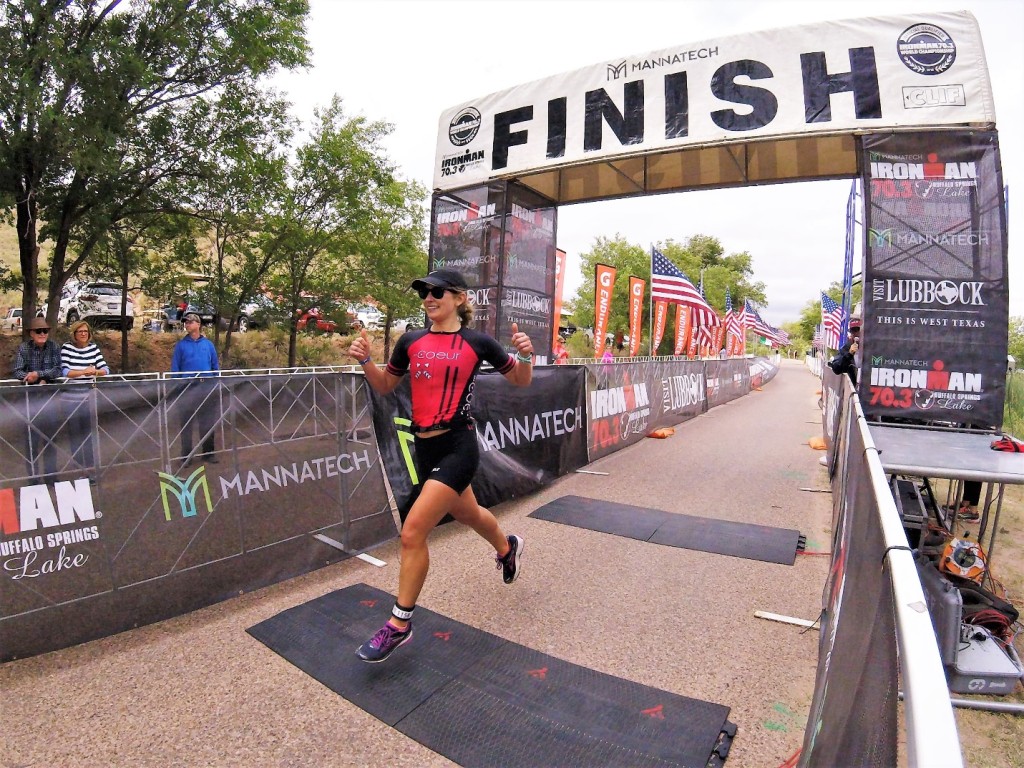Eating healthy while traveling for business is challenging at best. Thankfully, Concentre’s resident endurance sport and health enthusiast Consultant is here to offer a few simple, yet effective tips to help you maintain balance and stick to your routine on the road. Whether you’re flying, driving, or simply sitting in a conference room all day, you can adapt these strategies to your situation.
1. Plan ahead.
To better manage the foods you need to fuel your body, take a look at your schedule with an eye toward potential meal times or snack breaks. If you’re in back-to-back meetings all day with only a 30-minute break, you can expect your food options to be somewhat limited. So, before the work routine kicks in, make a pit stop at a nearby market and stock up on healthy foods. Or, search for nearby restaurants with healthy options for delivery or takeout.
2. Stock the fridge.
Don’t rely on vending machines to satisfy your hunger or cravings. Book a room with a mini-fridge, and then load it up with healthy essentials. Pro tip: No time to shop? Try using a local delivery app like favor. Almond milk, hummus, fruits and veggies, sandwich meats, hard boiled eggs, and salad dressing are great to have on-hand.
3. Hydrate, hydrate, hydrate.
I hate to break it to you, but coffee, soft drinks, vitamin water, and bottled teas won’t keep you hydrated. Unfortunately, neither does that glass of wine or nice, cold beer. To stay hydrated, you need plenty of good old-fashioned H2O. The best way to keep up is to carry a bottle with you and to refill it throughout the day. If you must drink something other than water, then try to drink at least eight ounces of H2O for each non-hydrating beverage.
4. Pack a meal in your carry-on.
About to hop on a plane that interferes with lunch? Did you know you can bring food from home in your carry-on bag? That’s right! As long as you properly wrap or contain them (Sorry, no random sub sandwiches in the backpack), you can carry on solid, gel, or liquid foods less than 3.4 ounces. Whole grain crackers, nut butter packets, almonds, nutrition bars, fruits, and even Greek yogurt are great ways to get protein, omega-3 fats, and complex carbohydrates.
(Be sure to read TSA’s guideline on traveling with food!)
5. Eat breakfast. Always.
Breakfast is the most important meal of the day. Don’t skip it! If you arrive at a conference room nice and full, you won’t think twice about passing on the pastry platter or donuts. Even if your hotel offers complimentary breakfast (Powdered eggs, anyone?), err on the side of caution and pack a protein bar or oatmeal packets. No microwave in the room? Use the coffee pot to heat water for oatmeal. Voila!
6. Avoid that “2:30 feeling.”
Speaking of platters in conference rooms, avoiding the inevitable afternoon snack tray of cookies and brownies can be rough. Combat the urge and avoid that “2:30 feeling” altogether by packing your own snacks. Protein, healthy fats and high-quality carbohydrates will not only keep your stomach full, but also keep your brain alert. Avoid sweets that cause spikes in blood sugar, and you’ll have the mental clarity to answer your client’s toughest questions.
7. Make your trade-offs ahead of time.
Just like a negotiation, come to the dinner table knowing what you’re willing (and not willing) to give up. Ordering a glass of wine? Skip the bread. Passing on the appetizer? Have a bite of dessert. Your eating habits shouldn’t keep you from being social, but your social life shouldn’t derail your nutrition plan. Don’t feel like you need to give in just because your surroundings are different. At the same time, if you want to try something new, do it—in moderation.

Bottom line, it’s all about making thoughtful, intentional choices. Do what you would do at home—a different city doesn’t have to force you into a different pattern. And remember, you’re in control. Just plan ahead, stay focused, and enjoy the feeling of accomplishment!



